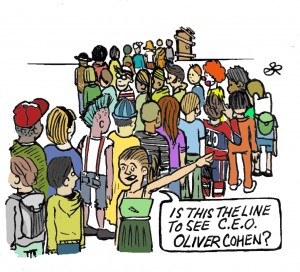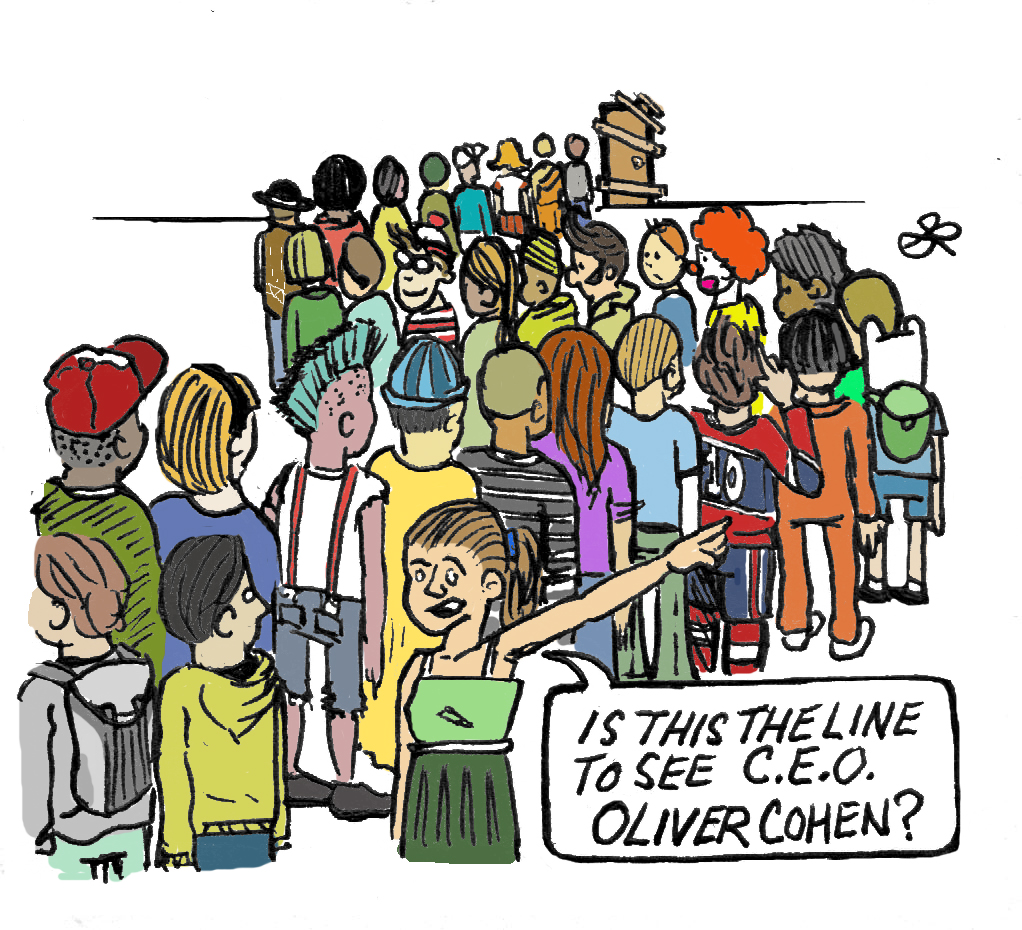
***
If you were thinking that the all-mighty, all-male external governance review committee was too good to be true, well, you were right. Turns out fixing Concordia’s governance faults comes with a price tag: a cool $60,000.
The members who will be doing the work on this will be billing the university a few dollars; to be exact, they will each log $1,000 a day for up to 20 days of work. We thought only celebrities made that kind of money.
Concordia and the other Quebec universities got what they wanted last week – namely, large increases to tuition mandated by Finance Minister Raymond Bachand in the provincal budget. They’ve long asked for the money to close their looming debts, replace old infrastructure and refurbish and update programs to remain competitive. But while McGill and Laval, for example, might get new facilities or a small deficit with their windfall of cash, we can’t help but get the sinking feeling that our dollars are going towards paying to fix a school we didn’t break, and that should have never been broken in the first place.
***
A big round of applause goes out to the councillors at Wednesday’s Concordia Student Union’s council meeting, or as we like to call it, March council meeting – take two. It was refreshing to hear councillors legitimately calling out the CSU with big financial questions, even if their efforts were a little misguided.
One councillor asked to know whether the CSU was audited annually. What a laughable question. If you are a member of the board of directors (which is effectively what council is – it’s like the board of a company or the Board of Governors for Concordia) and are supposed to hold the leadership accountable, how do you do a good job if you do not know what the organization’s basic checks and balances are? Great question, Councillor: the answer is yes, the CSU is audited annually.
Now, if you knew that, and saw that the CSU was forgoing the audit one year, or was having trouble with their auditor or documents, then you have to ask questions. Another councillor asked whether there were quarterly statements, like the ones companies issue – great suggestion! Keep up the proactive work.
With one council meeting left on the books in April, it’s great that some councillors are now stepping up to the plate and finally asking some productive questions. It’s nice to see that they’re catching on to what their job entails.





Comments are closed.